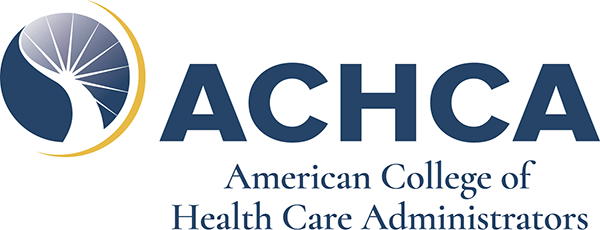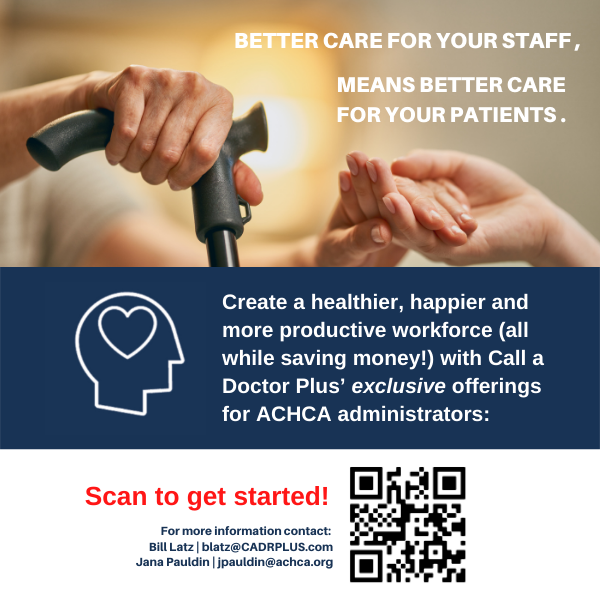Def: Muse - to become absorbed in thought - Merriam Webster Dict.
For more than fifty years I’ve cared for countless sick elderly and disabled individuals in my capacity as a Registered Professional Nurse.
My experiences have led me to believe in the idea that successful aging means staying true to a lifestyle that revolves around a healthy diet, purposeful exercise, avoidance of emotional stress, as if that is at all possible, with the conviction that this approach will get me through to those elusive centenarian years (i.e. 100+), hopefully intact. I am not there yet but still believe this may be the path to follow.
I have also begun accepting the notion that living a healthy lifestyle doesn’t necessarily mean a longer life. Unanticipated illnesses and incidents arise even when we accept the idea that by living a healthy existence, we can avoid the physical and mental stresses that others I know appear to be suffering.
I have friends, relatives and colleagues in my age group who were staunch marathon runners and iron man enthusiasts, etc., who have, in their later years begun experiencing physically disabling problems that have been wrongfully associated with the aging process.
- Was all of their healthy living for naught?
- Should they have taken up less strenuous sports?
- Should I now question the value of ingesting vitamins, continue avoiding sugary beverages, foods with high trans fats, and exhausting my body with daily exercise as the chosen path to a long and fruitful life?
And should I also question a belief about aging that is often equated with perpetual illnesses and decline?
Consider the following questions and how you might answer them.
- Can I control some of the illnesses attributed to aging?
- What is stopping me from achieving that long and happy life I am always striving for?
- Can we do certain things about what happens to our bodies as we age, I might add, as we all age?
- Or must we resign ourselves to what gerontologists call “physical impoverishment” with perpetual visits to one doctor after another, seeking that “elusive cure”?
- Are we prepared to respond to an emergency before it incapacitates us?
- Can we count on a sound mind in a sound body as we continue to advance into old age?
- Is poor health synonymous with growing old?
Have these questions crossed your mind and if so, how did you answer them?
Time after time we wrongly associate being ill with getting old. There are, undoubtedly, physical impairments we must deal with, illnesses that are unanticipated and attributed to those in their 80s, 90s and beyond. And there are conditions that are more common to that aged individual. Arthritis is but one of several examples that can cause physical distress in the aging population. However, it would be too easy to conclude, but inaccurately, that old age by itself is a kind of generalized illness. We don’t necessarily become vulnerable to every type of affliction as we age.
The fact that certain diseases and disabilities respond well to efficient medical treatment should shed doubt on glib assumptions that growing old and illness are the same thing. They are not!
Dickens said it best in his book Barnaby Rudge. “Father Time is not always a hard parent, and tho he tarries for none of his children, often he lays his hands lightly on those who have used him well.”



